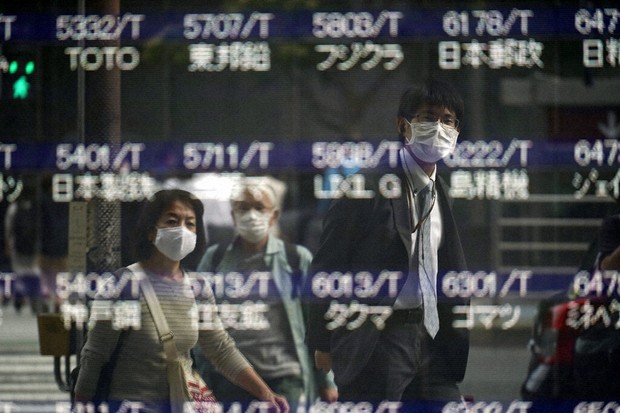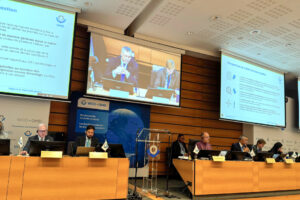Tokyo, 30 March, /AJMEDIA
Japan’s unemployment rate inched down to 2.7 percent in February, government data showed Tuesday, as a resurgence in coronavirus infections led people to remain in their jobs rather than search for new employers.
Separate government data from the Ministry of Health, Labor and Welfare showed the job availability ratio in February edged up to 1.21 from 1.20 in January for the second consecutive month of improvement. The ratio means there were 121 job openings for every 100 job seekers.
The seasonally adjusted jobless rate fell 0.1 percentage point from January, when the government declared a COVID-19 quasi-state of emergency in which restaurants and bars in some areas were asked to close earlier amid the spread of the highly contagious Omicron variant, according to the Ministry of Internal Affairs and Communications.
The quasi-state of emergency was later expanded to cover most of the nation’s 47 prefectures including Tokyo and Osaka in the reporting month, impacting sectors such as wholesale and retail, a ministry official said.
The number of people with jobs in the wholesale and retail sectors decreased by 460,000 from a year ago to 10.54 million. In the education sector, which saw many schools close temporarily during the quasi-state of emergency, the number declined 200,000 on year to 3.37 million.
The total number of unemployed people in February declined 30,000 from the previous month to 1.88 million, following a rise of 40,000 in January, the data showed.
Among them, 450,000 were new job seekers, down 40,000 from the previous month. The number of those who voluntarily left their jobs was 740,000, up 30,000, while 600,000 were laid off, up 10,000.
Despite a fall in the unemployment rate, the ministry official said the overall job market was still impacted by the pandemic, citing the large number of people who are still furloughed.
The seasonally unadjusted number of furloughed workers surpassed 2 million for the second straight month. The figure stood at 2.42 million in February, following 2.49 million in January.
Megumi Wada, a researcher at the Daiwa Institute of Research, said the fall in the number of new job seekers contributed to the decline in the jobless rate, but it is “difficult to see a trend there because the overall move is small.”
“Recent COVID restrictions saw businesses asked to operate over shorter hours rather than shutting completely,” she said, adding that the policy design helped in part to reduce the number of unemployed.
Looking ahead, Wada said the jobless rate is expected to improve, especially in the services sector, thanks to the full removal of the quasi-state of emergency last week and progress in the administration of COVID-19 booster shots.
The latest data showed the total number of people in work remained unchanged from the previous month at a seasonally adjusted 66.93 million.









































